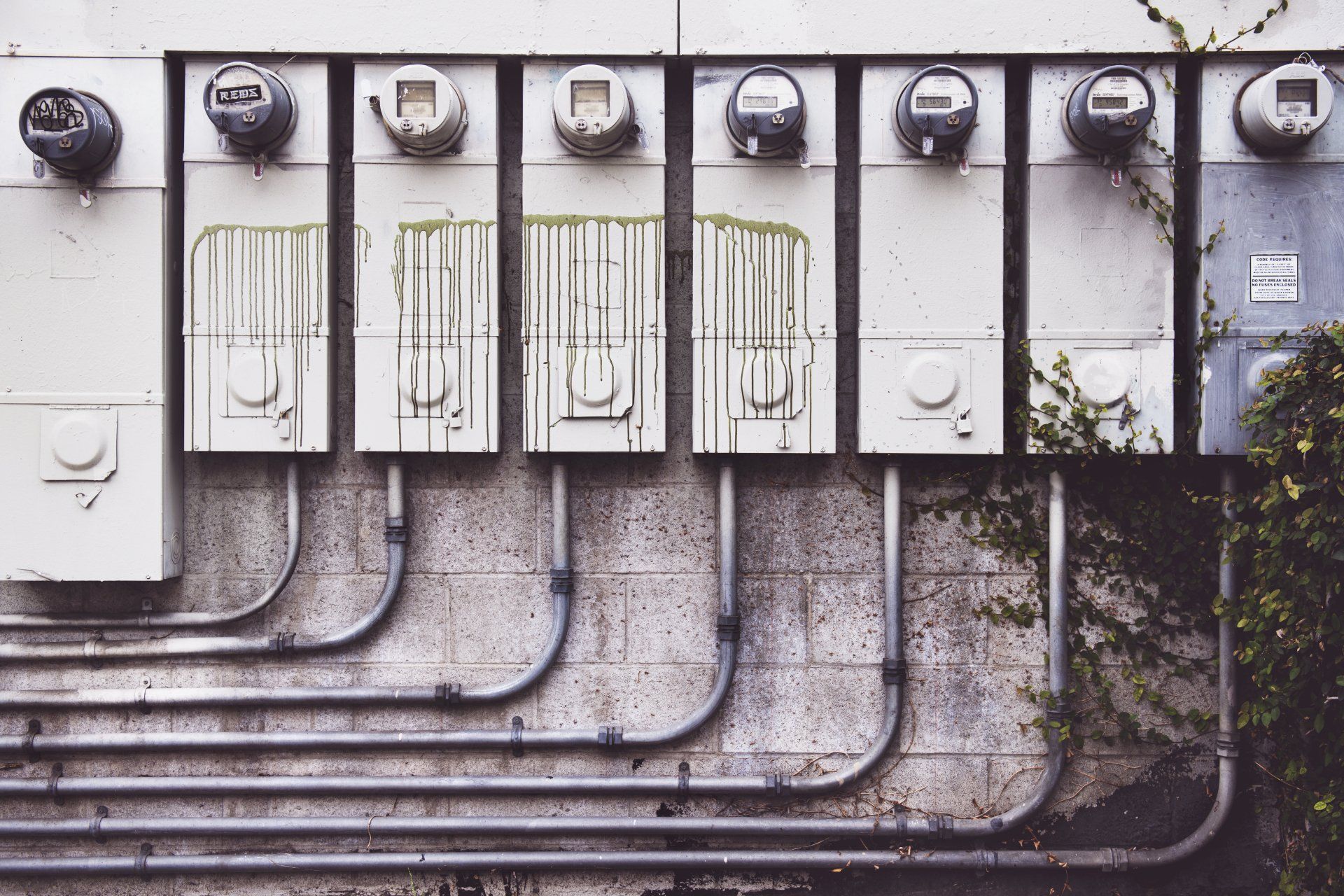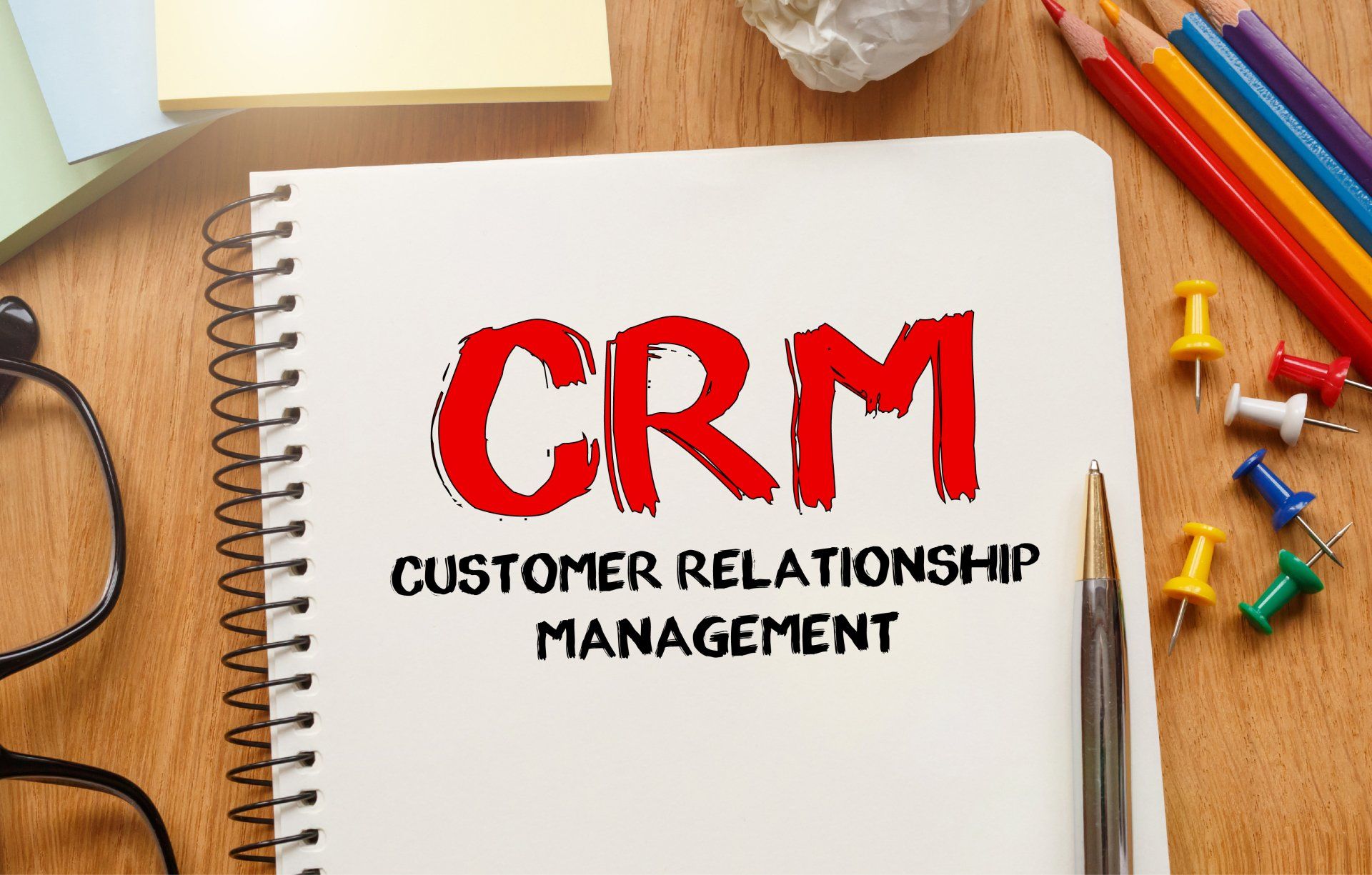How to Start a Successful HVAC Company
How to Start a Successful HVAC Company
A career in HVAC (Heating, Ventilation, and Air Conditioning) can be a good idea in Florida, as in many other parts of the United States. Florida's warm and humid climate certainly makes air conditioning a necessity, so there is a consistent demand for HVAC services. This demand can provide job security and opportunities for those working in the HVAC industry. HVAC technicians in Florida can earn a healthy income, with the potential to increase their earnings as they gain experience and expertise. And HVAC professionals who choose to start their own HVAC businesses often find this a rewarding option. Overall, a career in HVAC in Florida can be a good idea if you have a genuine interest in the field, are willing to invest in your education and training, and are prepared to adapt to changing industry trends and technologies. It can provide job stability, good earning potential, and opportunities for career growth, especially if you are committed to delivering quality service to your customers.
If you have an interest in starting an HVAC business of your own, this guide will provide the necessary steps to get your business up and running successfully.
General License Requirements in Florida
In Florida, the specific requirements for HVAC licensing can vary depending on the type of work you intend to perform. The Florida Department of Business and Professional Regulation (DBPR) oversees HVAC licensing in the state, and it distinguishes between three primary categories of HVAC licenses:
- Class A Air-Conditioning Contractor: A “class A air-conditioning contractor” means a contractor whose services are unlimited in the execution of contracts requiring the experience, knowledge, and skill to install, maintain, repair, fabricate, alter, extend, or design central air-conditioning, refrigeration, heating, and ventilating systems. Class A Contractors may also execute contracts requiring experience in the installation, maintenance, repair, fabrication, alteration, extension or design of duct work in connection with a complete system but only to the extent that such duct work is performed by the contractor as is necessary to complete an air-distribution system, boiler and unfired pressure vessel systems, and all appurtenances, apparatus, or equipment used in connection with them. A “class A air-conditioning contractor” shall not perform any work such as liquefied petroleum or natural gas fuel lines within buildings, potable water lines or connections, sanitary sewer lines, swimming pool piping and filters, or electrical power wiring.
- Class B Air-Conditioning Contractor: A “class B air-conditioning contractor” means a contractor whose services are limited to 25 tons of cooling and 500,000 BTU of heating in any one system in the execution of contracts requiring the experience, knowledge, and skill to install, maintain, repair, fabricate, alter, extend, or design central air-conditioning, refrigeration, heating, and ventilating systems, including duct work in connection with a complete system. A “class B air-conditioning contractor” shall not perform any work such as liquefied petroleum or natural gas fuel lines within buildings, potable water lines or connections, sanitary sewer lines, swimming pool piping and filters, or electrical power wiring.
- Class C Air-Conditioning Contractor: A “class C air-conditioning contractor” means a contractor whose business is limited to the servicing of air-conditioning, heating, or refrigeration systems, including any duct cleaning and equipment sanitizing which requires at least a partial disassembling of the system, and whose certification or registration, issued pursuant to this part, was valid on October 1, 1988. NOTE: No person not previously registered or certified as a “class C air-conditioning contractor” as of October 1, 1988, shall be so registered or certified after October 1, 1988.
To obtain either the Class A or Class B license (Class C is no longer issued), you generally need to meet specific requirements, including:
- Proving your experience and knowledge in the HVAC field
- Passing a state licensing exam
- Meeting financial responsibility requirements
- Providing proof of insurance
- Paying licensing fees
Details of all requirements are available on the
DPBR website.
Another great reference for anyone interested in starting a business in Florida is provided by the FL Division of Corporations. Their
Start a Business resource page is filled with useful information that will help ensure your company is properly formed and registered with the State.
What Are the Best CRMs for a HVAC Company
Selecting the best Customer Relationship Management (CRM) software for an HVAC company depends on your specific needs and requirements. However, there are several CRM options that are generally well-suited for businesses in the HVAC industry. Here are some popular CRM systems that you should consider:
- Jobber: Jobber is a popular field service management software that offers CRM capabilities. It helps with scheduling, dispatching, invoicing, and customer management, making it a good fit for HVAC companies.
- ServiceTitan: ServiceTitan is a comprehensive field service management platform designed for home service companies, including HVAC businesses. It offers features like dispatching, inventory management, and customer relationship management.
- Housecall Pro: Housecall Pro is another field service management software that includes CRM functionality. It provides tools for appointment scheduling, dispatch, invoicing, and customer communication.
- Buildertrend: While primarily designed for construction and renovation companies, Buildertrend offers CRM features that can be adapted for HVAC businesses. It's known for its project management and communication tools.
- Zendesk: Zendesk is a customer service and support platform that can be useful for HVAC companies to manage customer inquiries, service requests, and support tickets.
- Zoho CRM: Zoho CRM is a versatile and cost-effective CRM solution that can be customized for HVAC businesses. It offers lead management, contact management, and workflow automation features.
Provide Exceptional Customer Service
Customer service is crucial for any HVAC company. Here are several reasons why it is important that you incorporate customer service standards for every employee working for your company:
- Customer Satisfaction: Happy customers are more likely to be repeat customers and recommend your services to others. Providing excellent customer service can lead to higher customer satisfaction, which is essential for the long-term success of your HVAC business.
- Reputation Building: Good customer service helps build a positive reputation for your company. Satisfied customers are more likely to leave positive reviews and testimonials, which can attract new customers and improve your online and offline reputation.
- Trust and Credibility: When customers feel that they are treated well and receive honest, reliable service, it builds trust and credibility. Trust is essential for customers to feel comfortable allowing HVAC technicians into their homes or businesses.
- Competitive Advantage: In the HVAC industry, there is often stiff competition. Offering exceptional customer service can set your company apart from the competition and give you a competitive edge.
- Problem Resolution: HVAC systems can be complex, and problems may arise. Effective customer service ensures that issues are addressed promptly and to the customer's satisfaction, preventing disputes and negative feedback.
To prioritize customer service in your HVAC company, ensure that your technicians are well-trained not only in HVAC systems but also in communication, empathy, and problem-solving. Listen to customer feedback, address concerns promptly, and maintain open lines of communication. Your approach to customer service can significantly impact the success and growth of your HVAC business.












